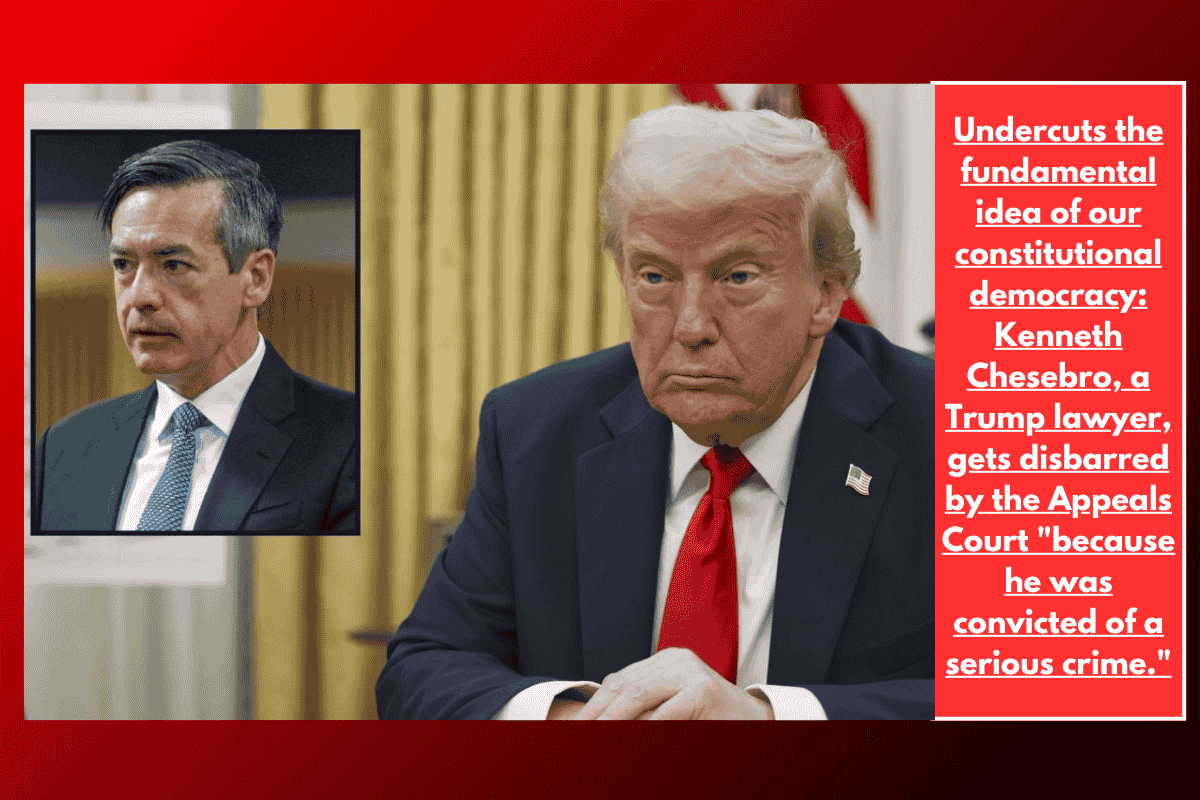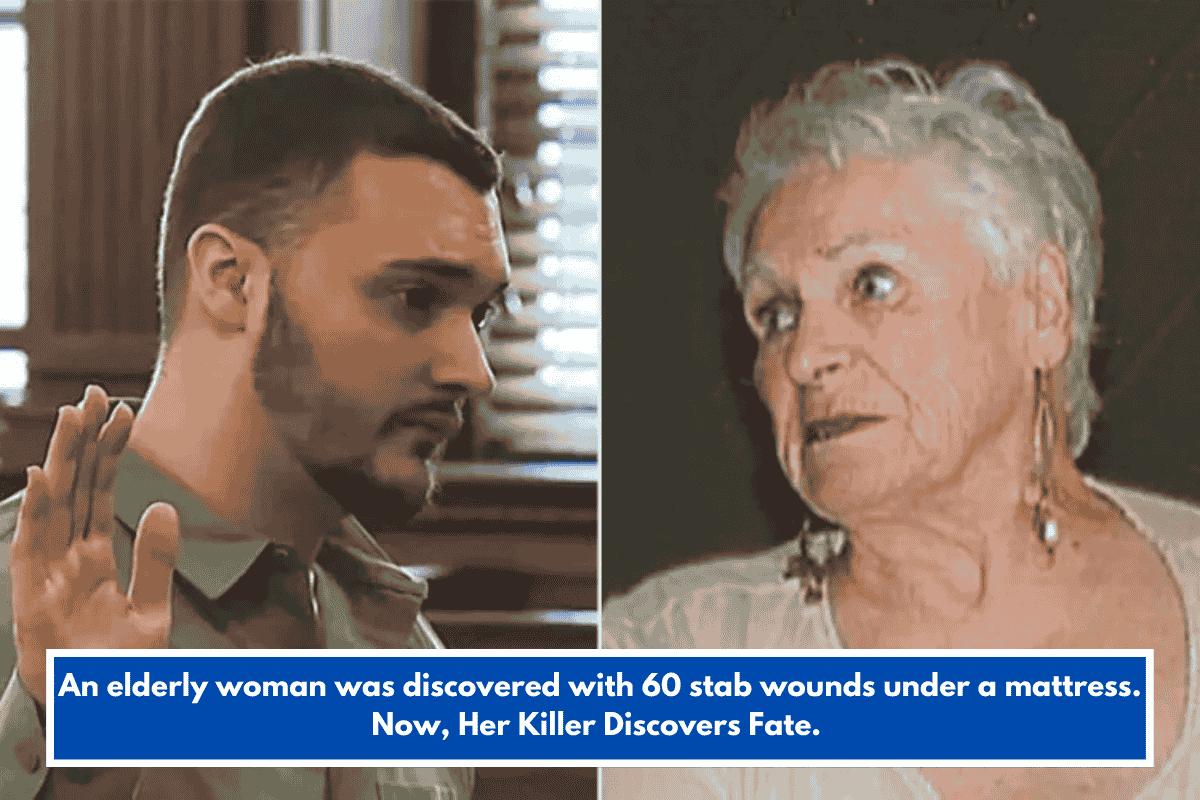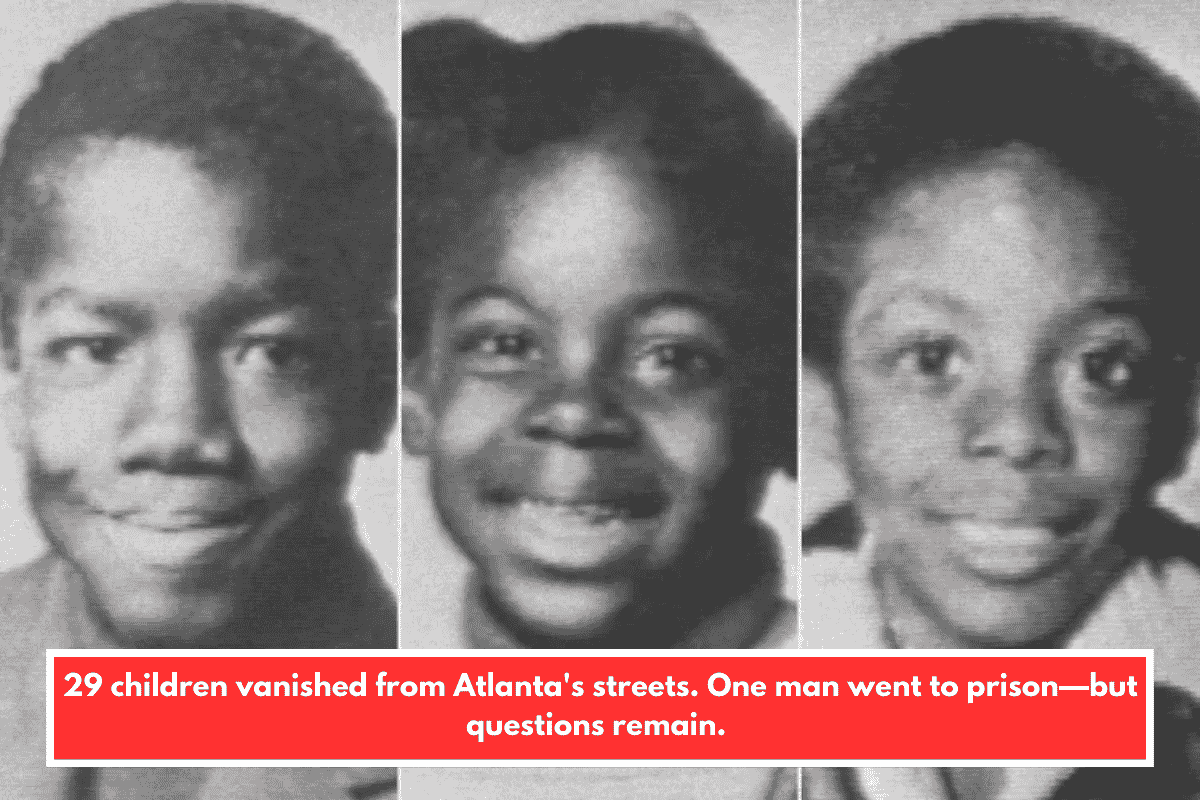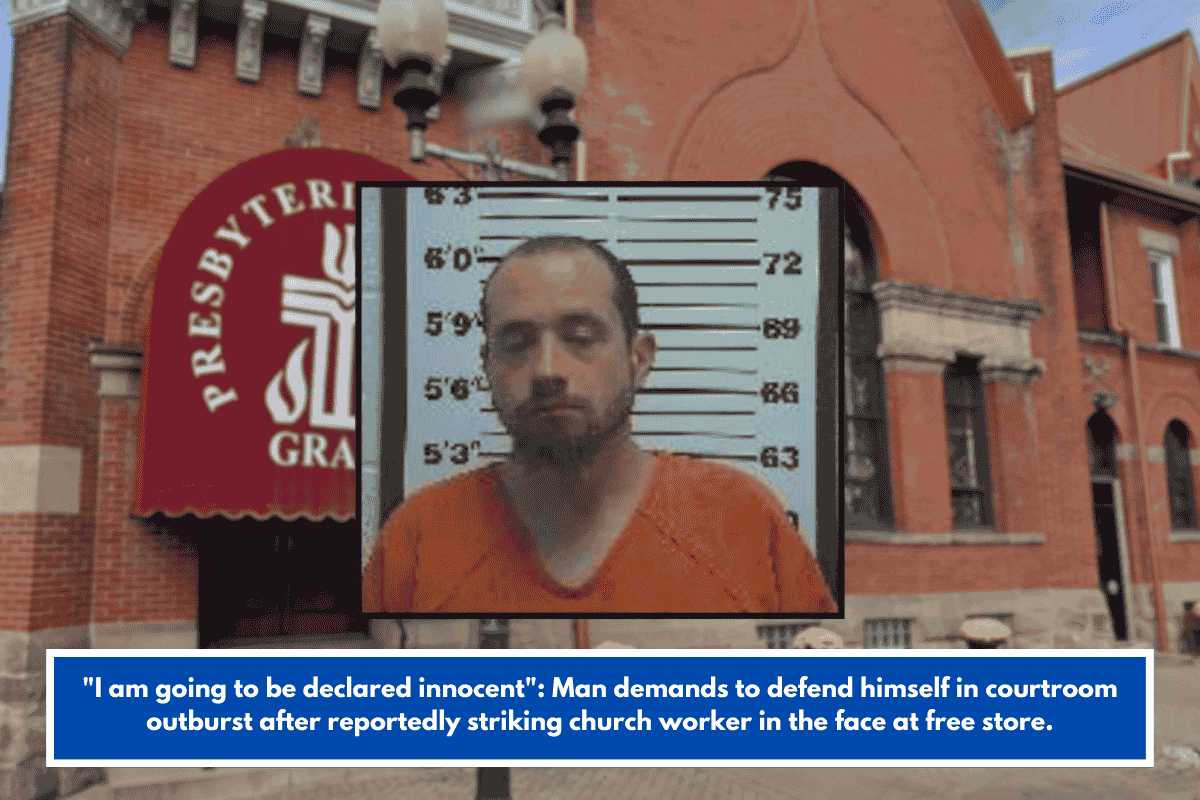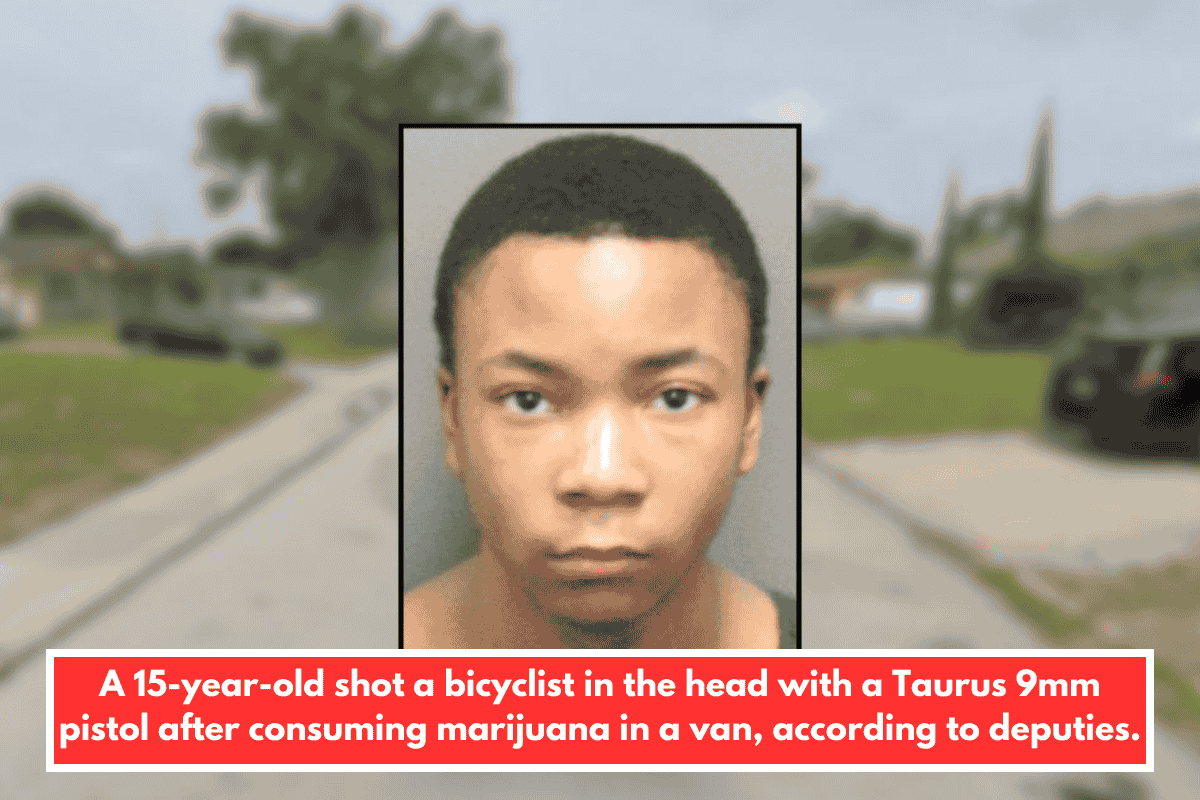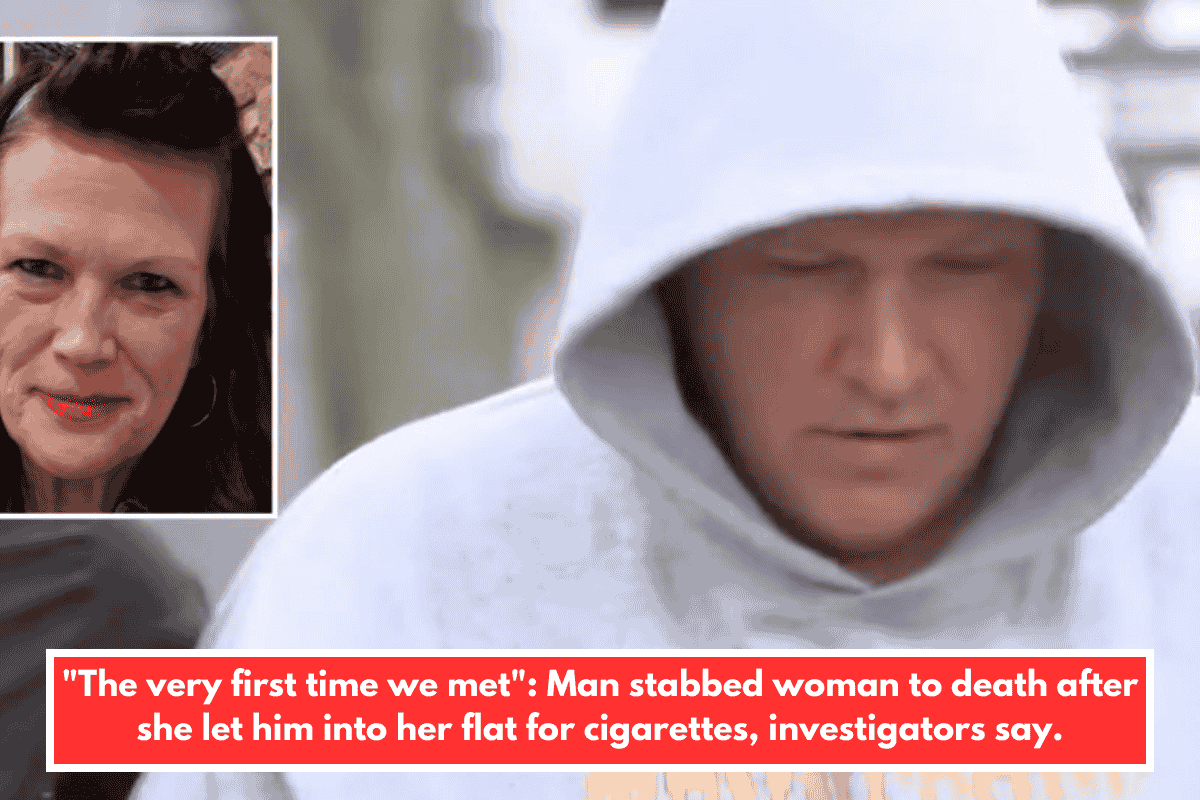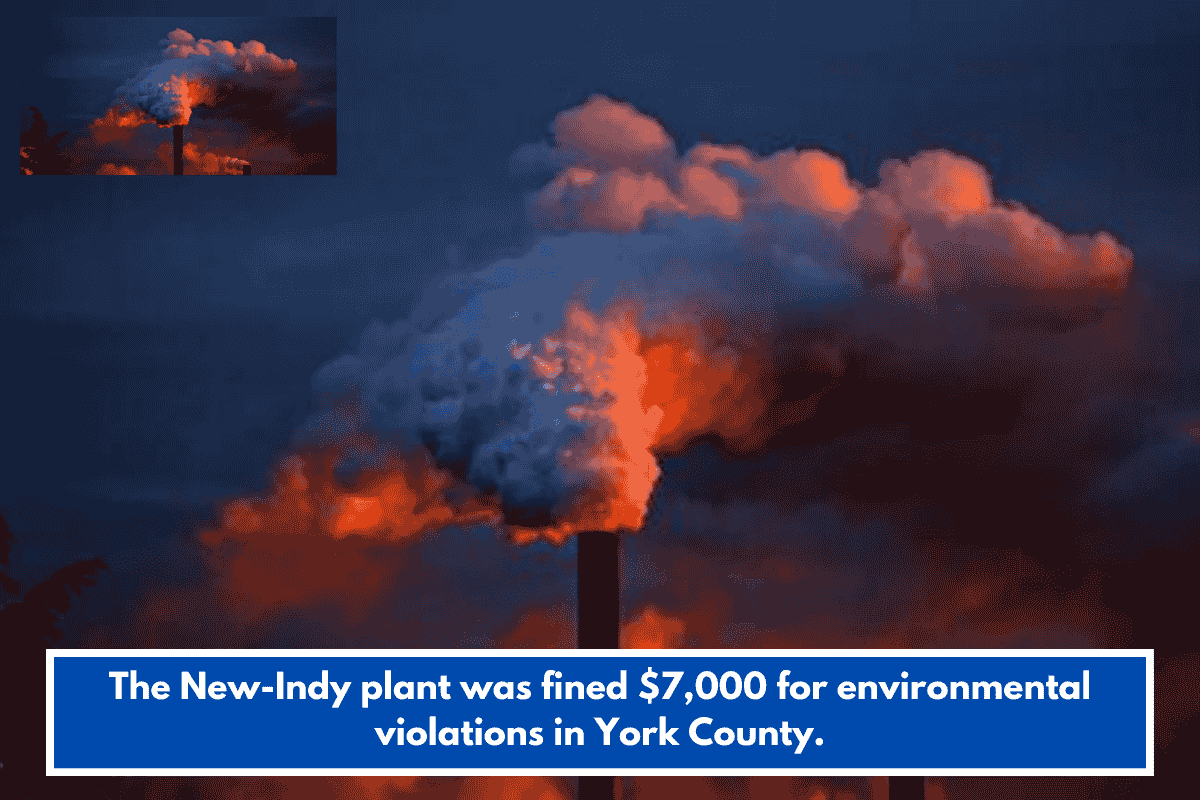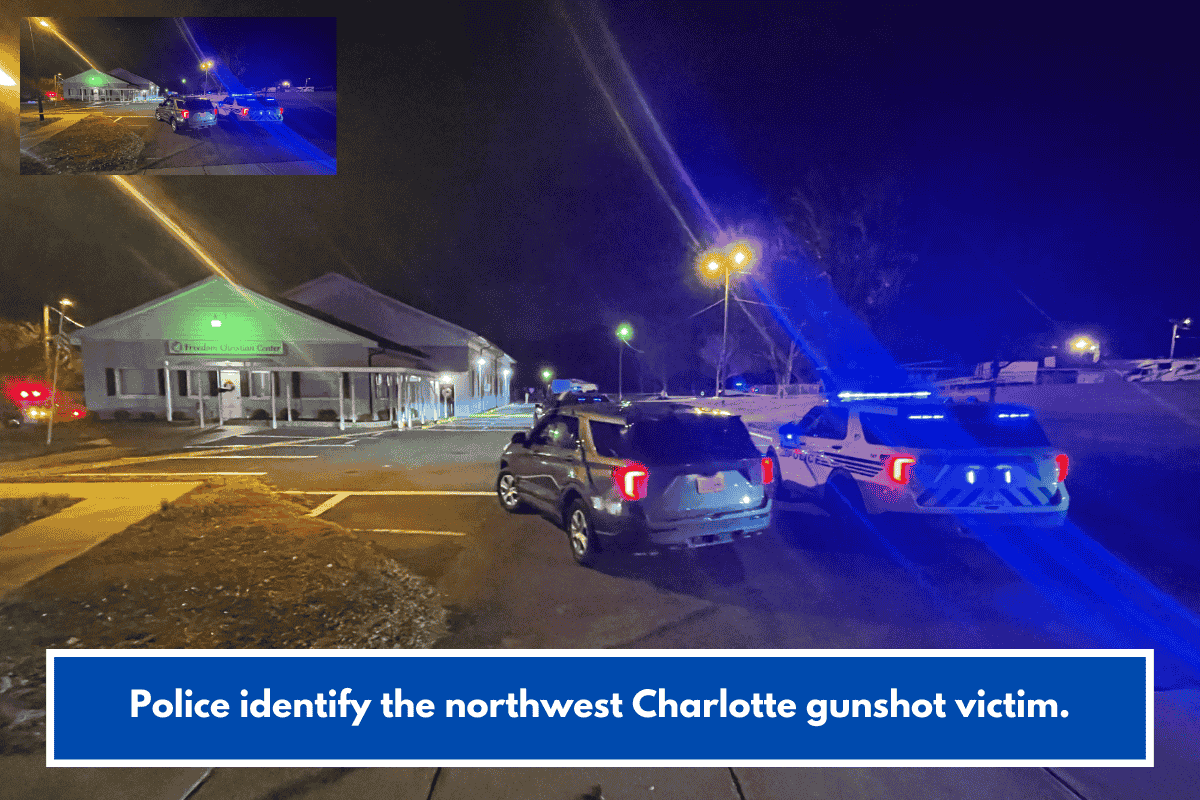ALBANY, NY — A New York appellate court has disbarred Kenneth Chesebro, a lawyer best known for his involvement in the controversial “coup memos” created to overturn the results of the 2020 U.S. presidential election. Chesebro, 55, was convicted in Georgia for his role in attempting to manipulate election results, which contributed to his disbarment decision in New York.
The “Coup Memos” and Legal Context
Chesebro was one of the authors of memos suggesting how President Donald Trump could challenge the 2020 election results. These documents laid out legal arguments and procedures for a strategy that many have labeled as an attempt to overturn the democratic election process.
The lawyer’s actions were widely criticized for being part of a broader campaign aimed at invalidating the election results. Chesebro was implicated in facilitating the fake electors scheme in several swing states, including Georgia. His legal advice and documents provided the framework for efforts to present alternate electors in states that had voted for Joe Biden.
Guilty Plea in Georgia
Chesebro was charged in Georgia’s RICO (Racketeer Influenced and Corrupt Organizations) and election interference case, where he faced multiple counts related to conspiracy, forgery, and false statements. In October 2023, he pleaded guilty to one count of conspiracy to commit filing false documents in exchange for the dismissal of several other charges. His guilty plea was part of a broader criminal investigation in Georgia, led by District Attorney Fani Willis.
Disbarment Decision
The Third Judicial Department of the Appellate Division of the Supreme Court of New York issued its ruling, rejecting the referee’s earlier recommendation of a less severe penalty. Instead, the court disbarred Chesebro, criticizing his actions for not only undermining public trust but also striking at the core of constitutional democracy.
The court’s opinion highlighted Chesebro’s legal work for the Trump campaign as “cavalier” and “reckless”, especially considering his deep expertise in constitutional and election law. The court further noted that, as an attorney, Chesebro had a duty to uphold the Constitution and avoid actions that could subvert the administration of justice.
In particular, the court took issue with Chesebro’s failure to insist on making necessary changes to the documents he drafted for the Trump campaign. Despite suggesting amendments, the final version of the documents he authored was executed as written. The court observed that, as a seasoned legal professional, Chesebro should have ensured his suggestions were implemented with legal precision.
A History of Legal Controversy
The court noted that Chesebro’s behavior raised serious questions about his integrity and fitness to practice law, especially given his high-profile role in attempting to undermine a free and fair election. The judge in the disbarment hearing underscored the gravity of Chesebro’s actions, stressing that such conduct could not go unpunished.
Chesebro’s defense had argued that his involvement was merely to provide a “general framework” and that his actions were not intended to lead to illegal activity. However, the court rejected this defense, asserting that his intent and legal responsibilities went far beyond providing vague advice and suggestions.
Chesebro’s Future Legal Challenges
With this disbarment, Chesebro now faces significant legal consequences, not only professionally but also personally. Disbarment effectively ends his ability to practice law in New York and could have broader implications in other states. Moreover, his involvement in the 2020 election interference remains under scrutiny in other ongoing investigations, particularly the federal probe and Georgia’s election interference case.
Legal Community’s Response
This ruling serves as a stern reminder of the legal and ethical obligations that all attorneys have, particularly those in influential positions like Chesebro. His disbarment represents the legal profession’s response to actions that threaten the integrity of democratic processes.

